We did it! Hurray!
We've all been busy over the past couple of days, working in groups to complete the survey, analysis and design for our assigned permaculture sites. Then we had to design a presentation to show and tell an audience about the process we went through.
Now, one day after the official closing ceremony of the first Permaculture Design Certificate (PDC) course in Lebanon, I am proud to present the first batch of permaculturists graduating right here in Lebanon:
1st PDC Graduates in Lebanon
Saidoun (Jezzine caza), May 18-31, 2014
What a fantastic group! Thank you for all your energy and enthusiasm; you made this an unforgettable adventure!
And to our wonderful instructors, Klaudia and Betty, we owe you so much and we really value your knowledge and your kindness.
The permaculture seed has been planted in Lebanon!
Now the real work begins: to put the learning of permaculture and permaculture design into practice.
We've all been busy over the past couple of days, working in groups to complete the survey, analysis and design for our assigned permaculture sites. Then we had to design a presentation to show and tell an audience about the process we went through.
Now, one day after the official closing ceremony of the first Permaculture Design Certificate (PDC) course in Lebanon, I am proud to present the first batch of permaculturists graduating right here in Lebanon:
1st PDC Graduates in Lebanon
Saidoun (Jezzine caza), May 18-31, 2014
- Bassam Al Khawand
- Ghassan Al Salman
- Tony Chahine
- Jihad Chanehsaz
- Joey El-Khoury
- Dana El-Sayyed
- Maya Karkour
- Salim Khalil
- Sarah-Lili Yassine
- and myself, Alexis Baghdadi
What a fantastic group! Thank you for all your energy and enthusiasm; you made this an unforgettable adventure!
And to our wonderful instructors, Klaudia and Betty, we owe you so much and we really value your knowledge and your kindness.
The permaculture seed has been planted in Lebanon!
Now the real work begins: to put the learning of permaculture and permaculture design into practice.

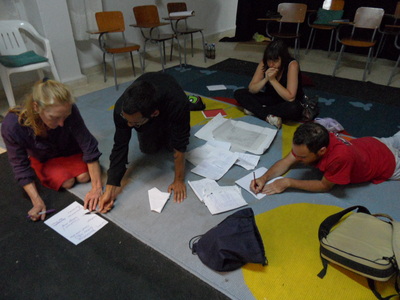
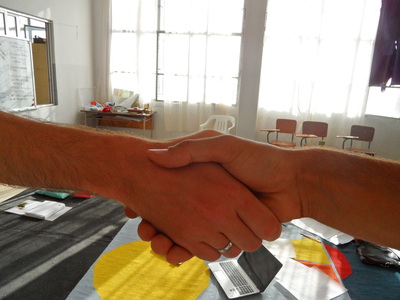
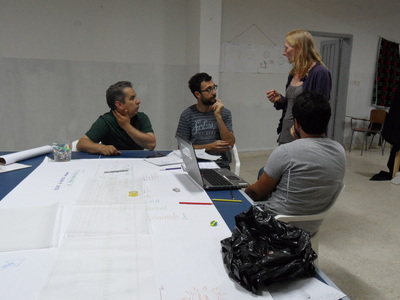
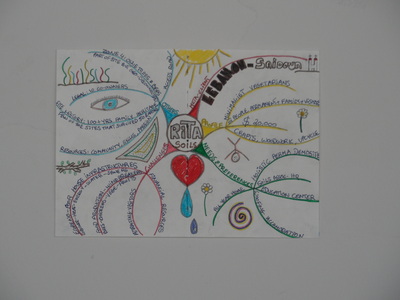
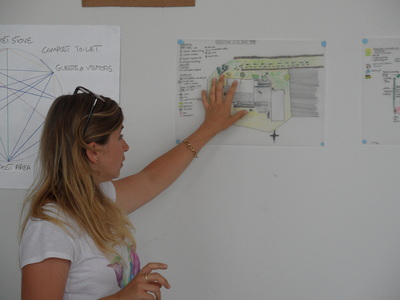
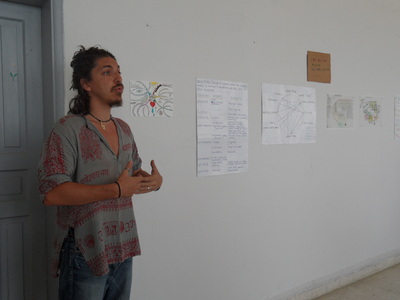
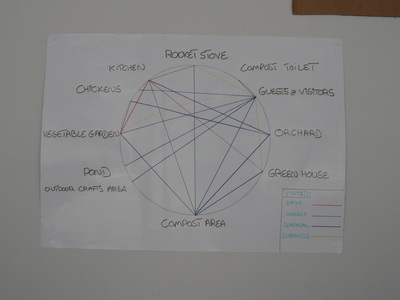
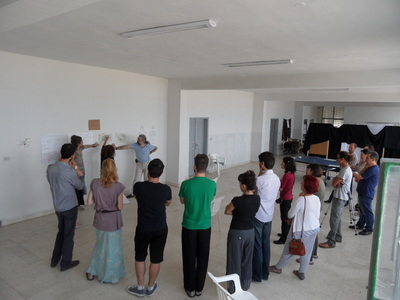
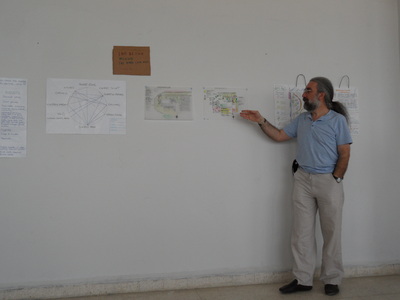
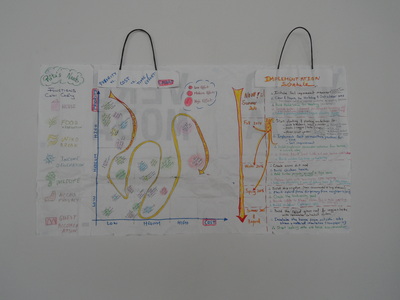
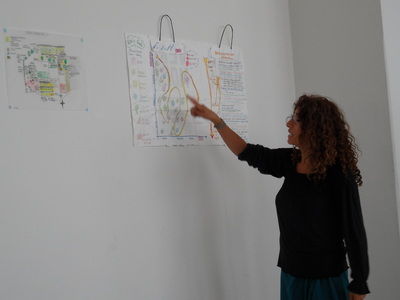
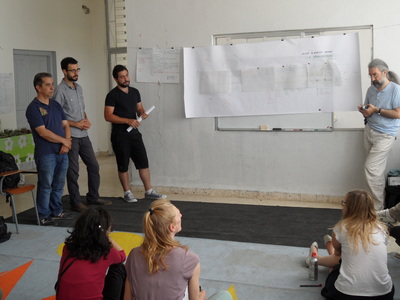
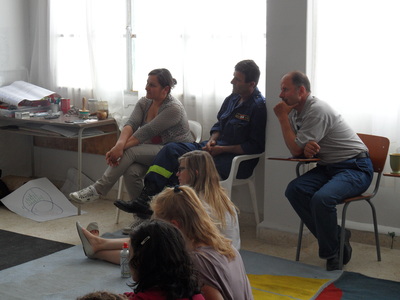
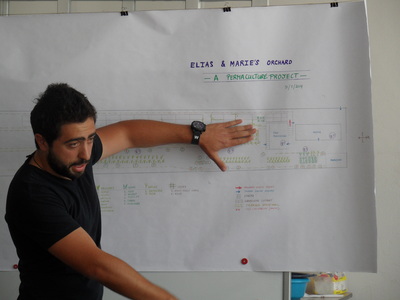
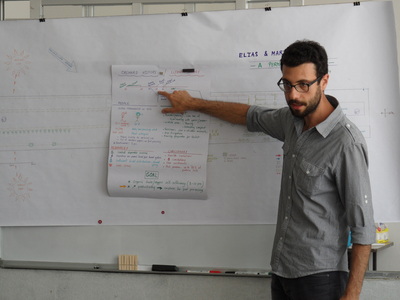
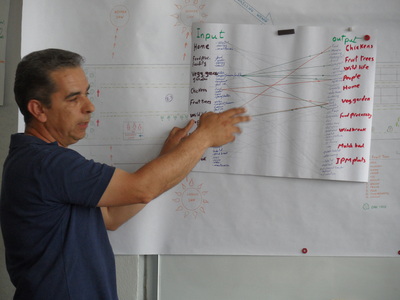
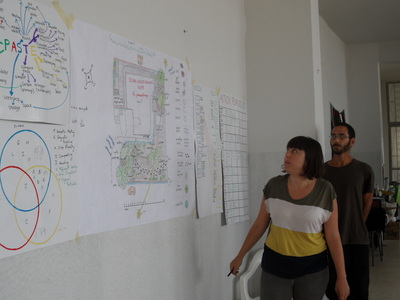

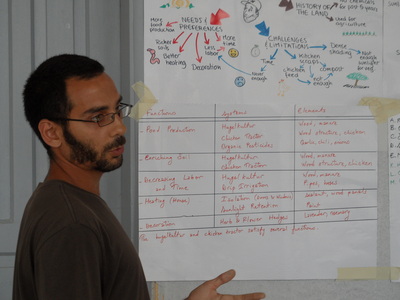
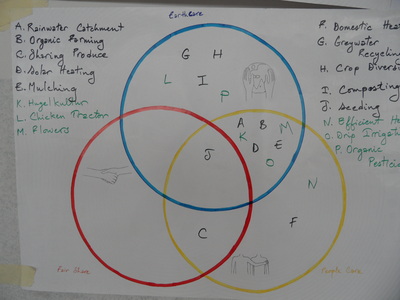
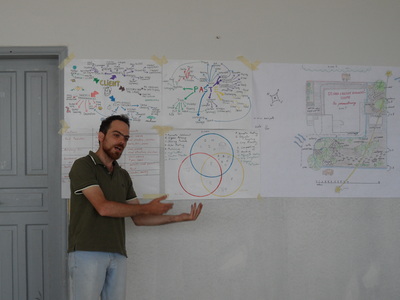
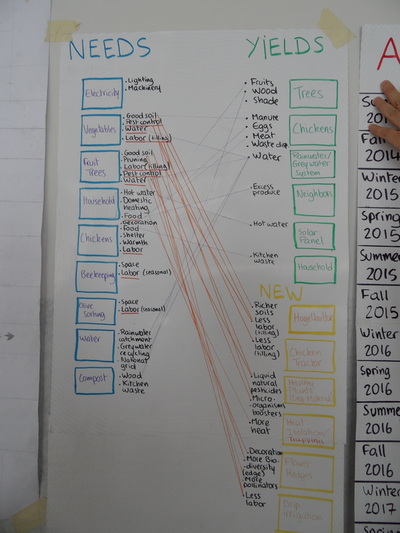
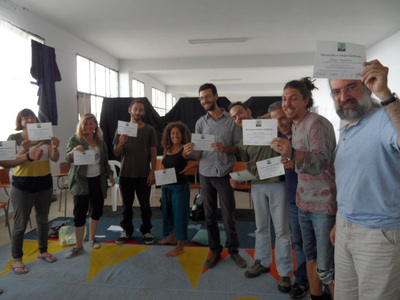
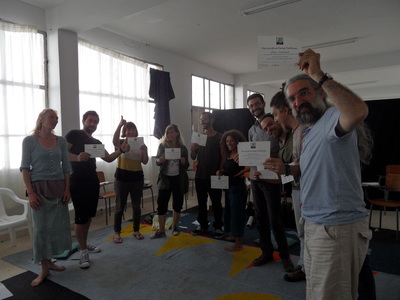
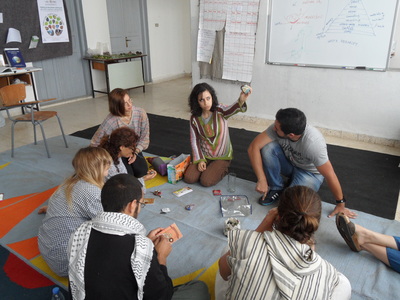
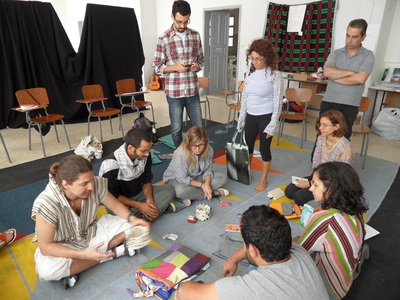
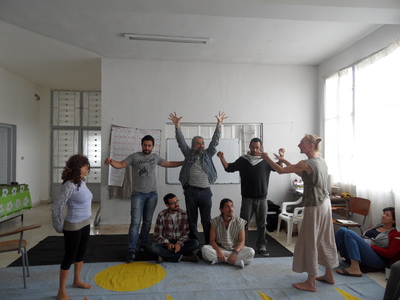
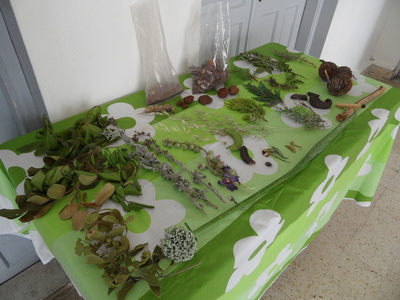
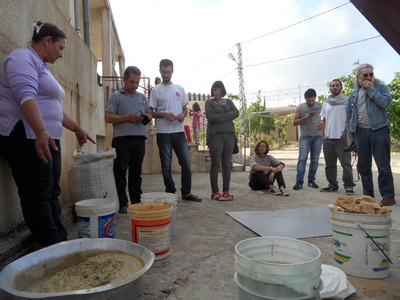
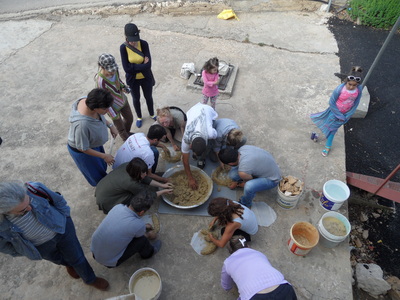
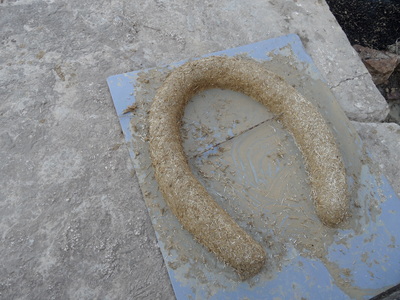
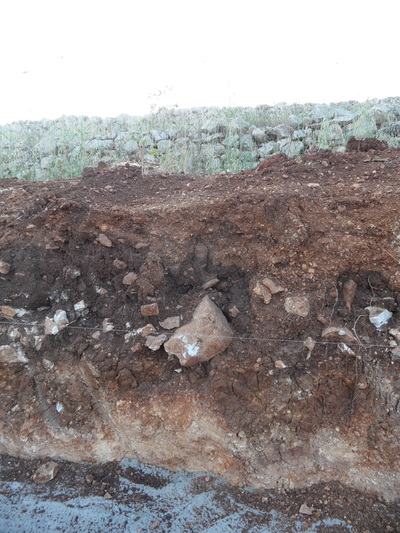
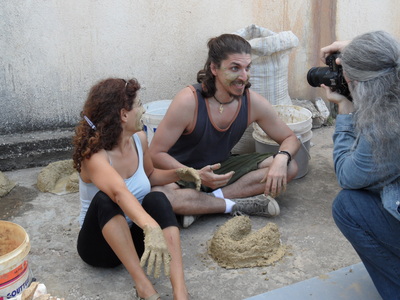
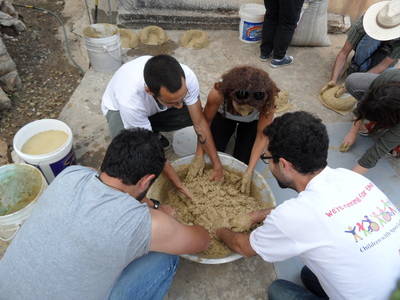
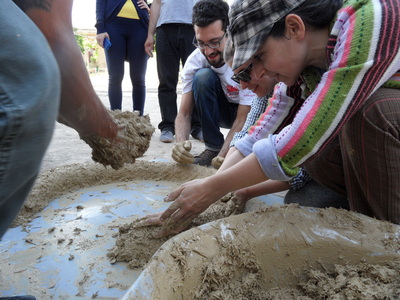
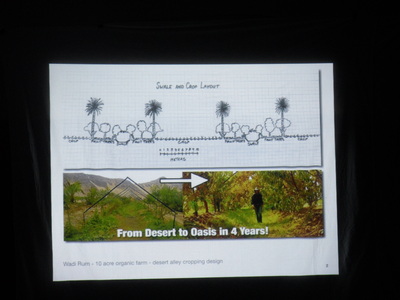
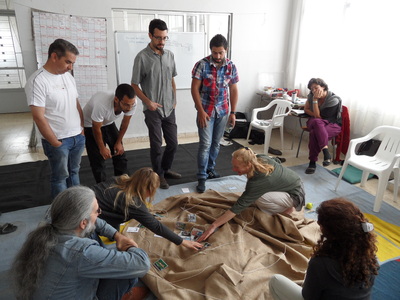
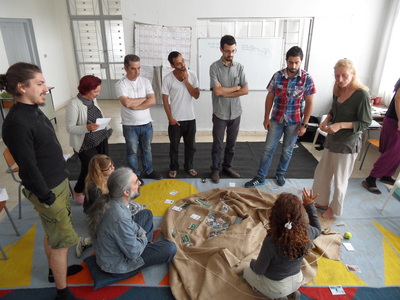
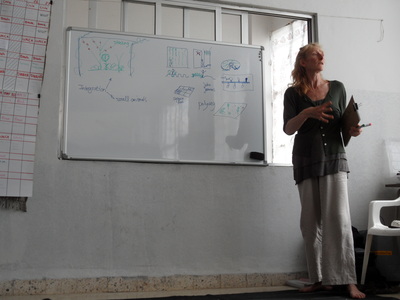
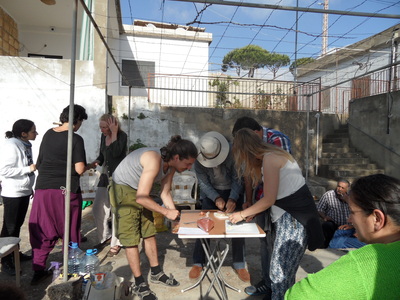
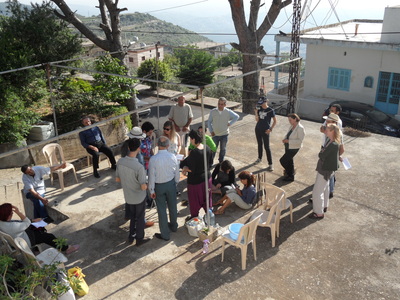
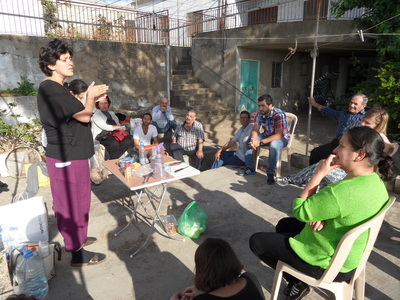
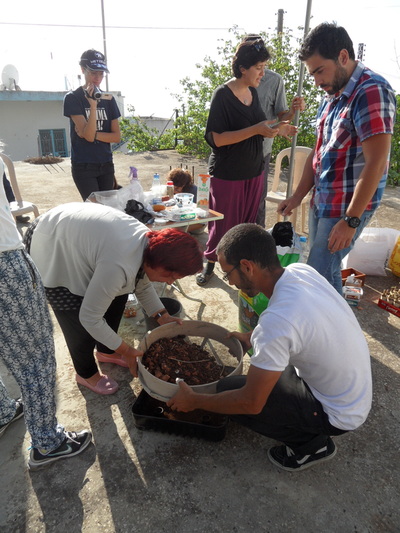
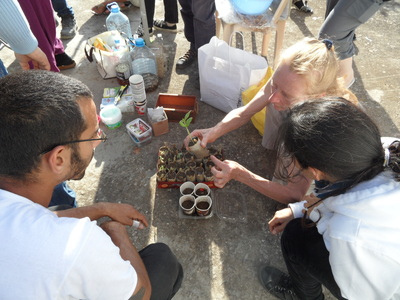
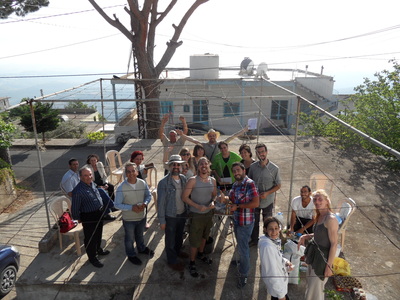
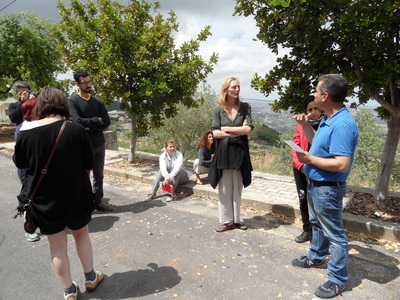
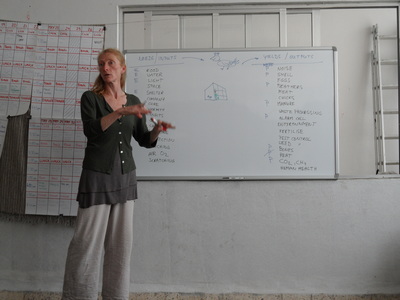
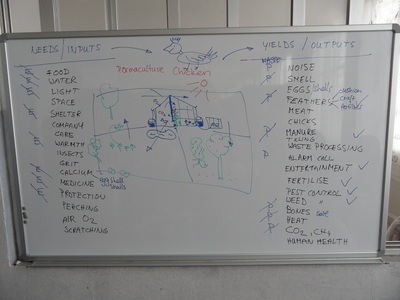
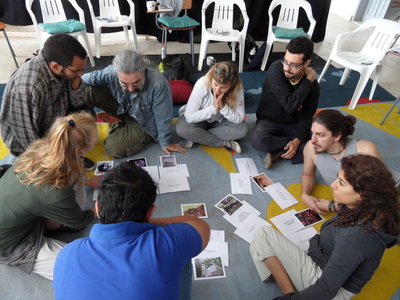

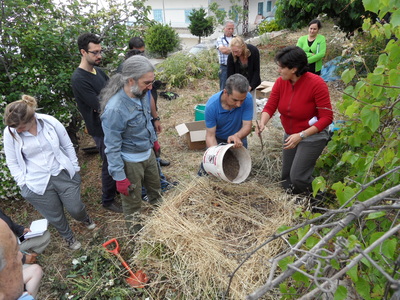
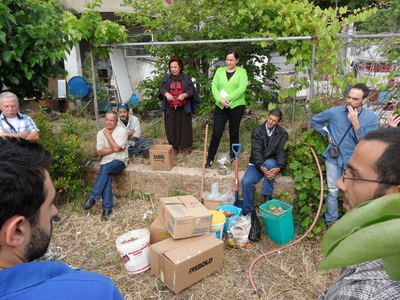
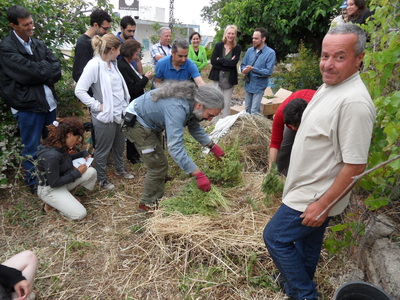
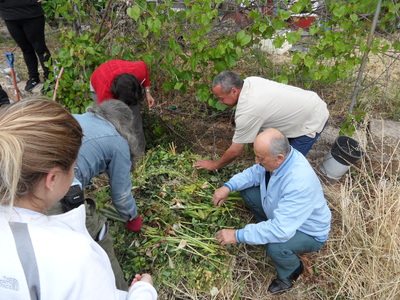
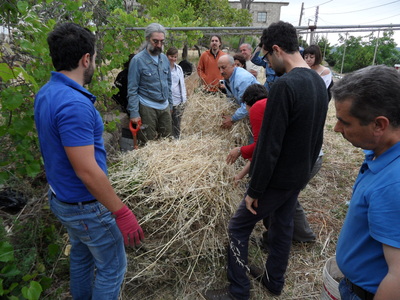
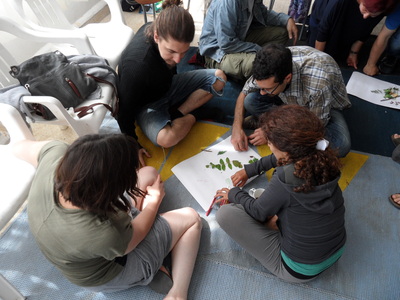
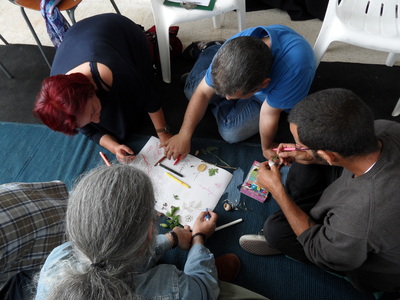
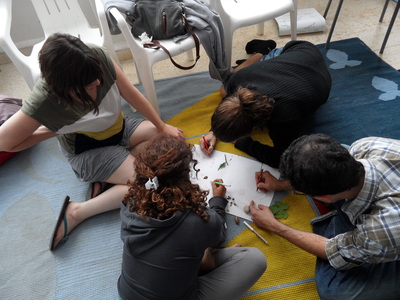
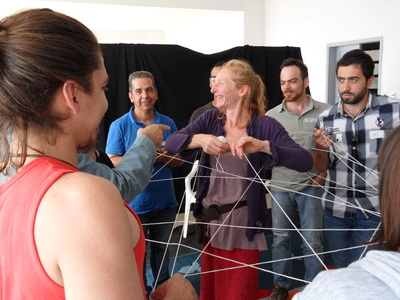
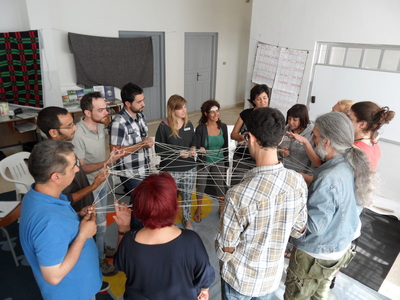
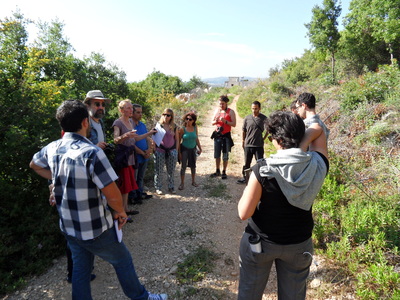
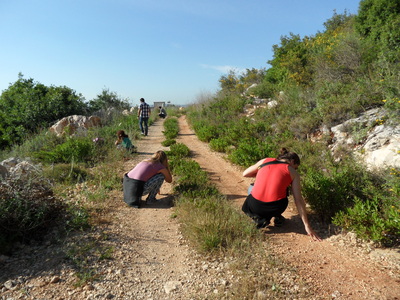
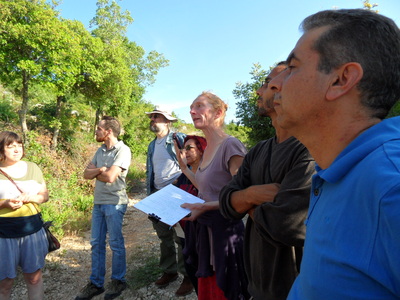
 RSS Feed
RSS Feed
